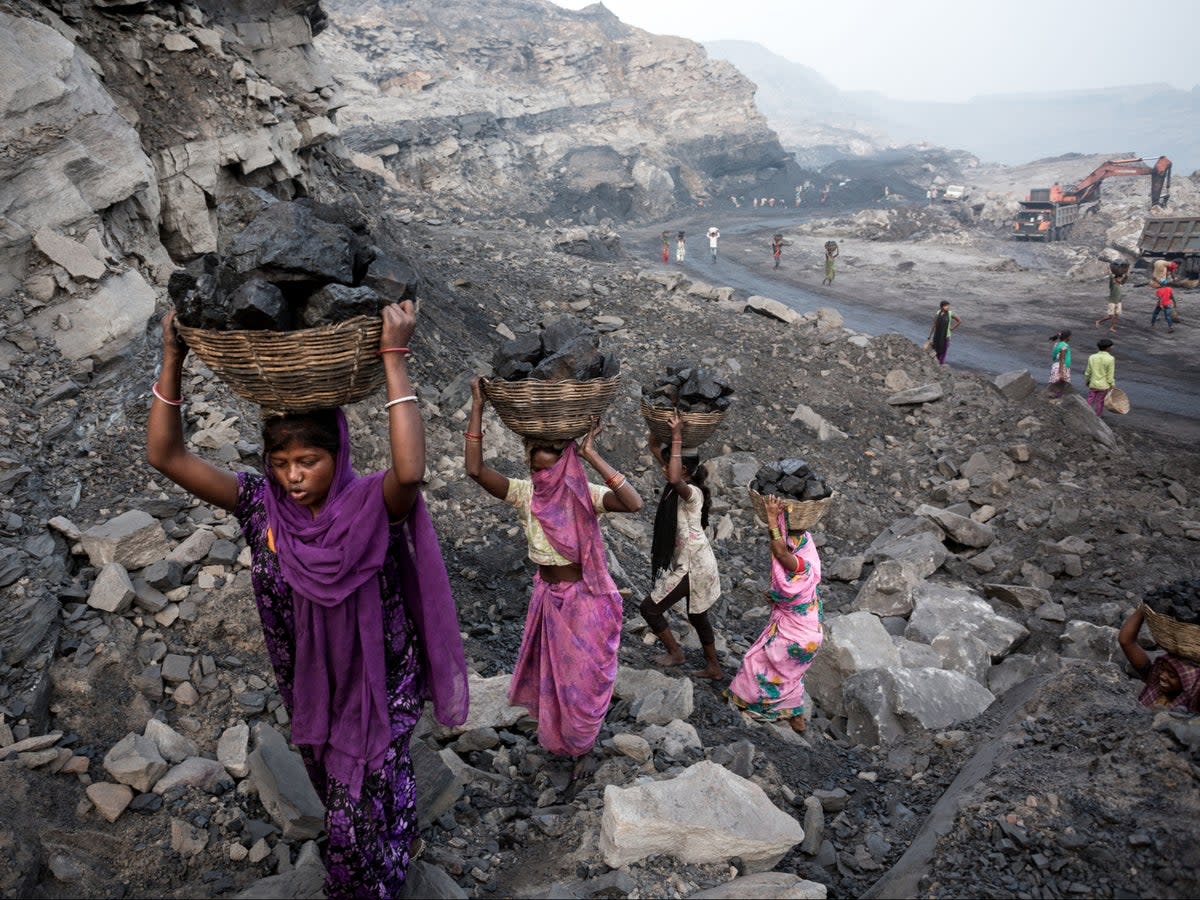World is on crash course to 2.5C warming, UN warns ahead of Cop27 OLD

With days to go until the Cop27 climate summit in Egypt, the UN has published a damning review of current global climate commitments and called for more ambitious action to halt “the devastating consequences of runaway climate change”.
Unless national governments significantly strengthen their plans and put them into action immediately, we remain on course for around 2.5C of warming, the UN said.
The review is based on the combined climate pledges of 193 countries, but the UN said that ahead of the organisation’s Cop27 climate summit in Sharm El-Sheikh next month, just 24 countries have submitted new or revised targets – known as “nationally determined contributions” (NDCs).
The NDCs, which account for 94.9 per cent of the planet’s total greenhouse gas emissions, show that current commitments will now increase emissions by 10.6 per cent by 2030, compared to 2010 levels.
This is an improvement over last year’s assessment, which found countries were on a path to increase emissions by 13.7 per cent by 2030, compared to 2010 levels.
“The downward trend in emissions expected by 2030 shows that nations have made some progress this year,” said Simon Stiell, executive secretary of UN Climate Change.
“But the science is clear and so are our climate goals under the Paris Agreement. We are still nowhere near the scale and pace of emission reductions required to put us on track toward a 1.5C world.
He added: “To keep this goal alive, national governments need to strengthen their climate action plans now and implement them in the next eight years.”
The review highlights the extraordinary scale of the challenge humanity faces as 173 governments – each of which promised to come back to the table with more stringent plans on cutting emissions – have broken that pledge.
“At the UN Climate Change Conference in Glasgow last year, all countries agreed to revisit and strengthen their climate plans,” said Mr Stiell. “The fact that only 24 new or updated climate plans were submitted since Cop26 is disappointing.
“Government decisions and actions must reflect the level of urgency, the gravity of the threats we are facing, and the shortness of the time we have remaining to avoid the devastating consequences of runaway climate change.”
He called on governments to revisit their climate plans and make them stronger in order to “close the gap between where emissions are heading and where science indicates they should be this decade”.

Sameh Shoukry, Egypt’s minister of foreign affairs and Cop27 president-designate, said the new report “is a testimony to the fact that we are off-track on achieving the Paris climate goal and keeping the 1.5 degrees within reach”.
“This is a sobering moment, and we are in a race against time. Several of those who are expected to do more, are far from doing enough, and the consequences of this is affecting lives and livelihoods across the globe. I am conscious that it is and should be a continuum of action until 2030, then 2050. However, these alarming findings merit a transformative response at Cop27.”
Responding to the report, Tom Evans, policy advisor at global climate think tank E3G, said: “It’s critical that governments significantly increase the level of their 2030 climate targets as soon as possible. Most countries – especially most of the G20 major emitters – failed to do so this year. They are not off the hook – limiting warming to 1.5C depends on governments fulfilling this promise.
“It’s equally vital for governments to overachieve their current targets to keep 1.5C alive. Governments are making progress on accelerating emissions reductions, but it’s far too slow. Cop27 is the next moment governments and businesses come together to face these facts.”

 Yahoo News
Yahoo News 
